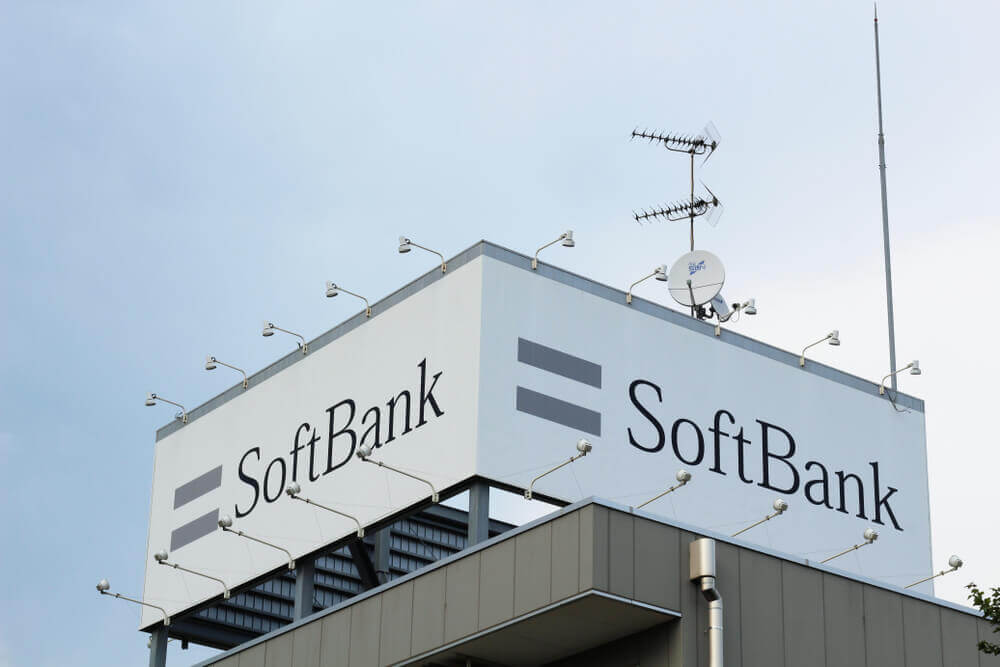
Softbank’s “Clean” 5G Gets Nod from the US
The 5G controversy that made Huawei stumble into a rabbit hole is the same network that will potentially take Softbank to new speeds and capacity.
While the US government derailed Huawei’s quest to lead in the smartphone business, the multinational investment conglomerate has got its approval for the 5G network.
The 5G network went live in the Japanese market in March, boosting augmented reality, virtual reality, and cloud gaming experience.
The US State Department’s nod came with the announcement that the Japanese firm protects intrusion from “malign actors”, thereby making it “clean”.
It further added that the company is unlike others who feed privacy information to the Chinese Communist Party.
The US government gave out a direct accusation to Huawei last year. They had capitalized on the use of modern technology to act in malevolence for the benefit of the CCP.
Since then, the United States instigated antagonism against the most prominent Chinese technology companies, particularly ByteDance, Tencent, and Huawei.
The bans initiated by the US government on TikTok, WeChat, among others, simultaneously surrounded technology news since last month.
Earlier this week, the Trump administration stepped up its actions. He restricted suppliers that use American technology from selling chips to Huawei without a “special license.”
It does benefit from the ban of Huawei, however, on the other hand, the ongoing TikTok whirlwind will affect Softbank to worse.
The two executive orders issued by Trump further pressures the company to sell-off.
If the sale of TikTok’s US operations materializes, the investment firm will be primarily affected as it holds a significant number of stakes in the video-sharing app.
Softbank’s Flailing Hotel Venture
One of the most promising characteristics of Softbank is its diverse investment portfolio.
It could go from providing a new revolutionary network to offering aid to a startup hotel operator.
The world’s largest venture capital fund helps its COVID-stricken child Oyo in the recuperation process.
The pandemic paralyzed the tourism and hospitality sectors at a level that the world has never seen before. Travel plans halted, as did the hotel occupancy rate.
Once poised as the future’s biggest hotel venture, Oyo currently undergoes a slow and painful meltdown. Just a year ago, the firm was valued at $10 billion. Today, the numbers remain uncertain.
Oyo Japan slashed some of its regional influence in the country and will, if the situation requires, downsize its Tokyo headquarters.
The headcount for Oyo’s Japanese operations dropped from 600 to 150. Some employees are either on leave or work reassignments to other Softbank offices.
The joint venture between the Indian startup and Softbank is struggling to keep its head above the water, with overseas visits to Japan falling by 99.9% to only 2,600 arrivals in June.
Hence, Softbank’s telecoms unit dispatched a six-member management committee to deal with the worsening situation head-on.
However, even with the high-profile move, the future of the hospitality industry remains unpredictable.
The Tokyo Olympics’ delay, which is to be held this year, slashed the hopes of Japanese hoteliers, including Oyo.
It will take a while before the Indian startup reaches its pre-pandemic heyday again, or it may not occur at all.




